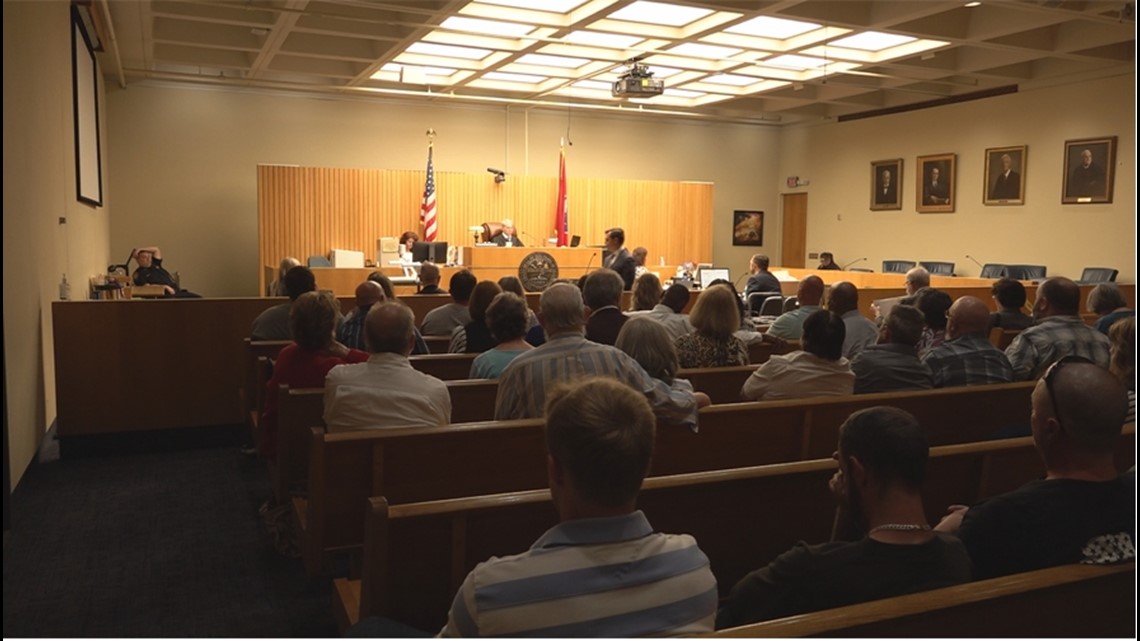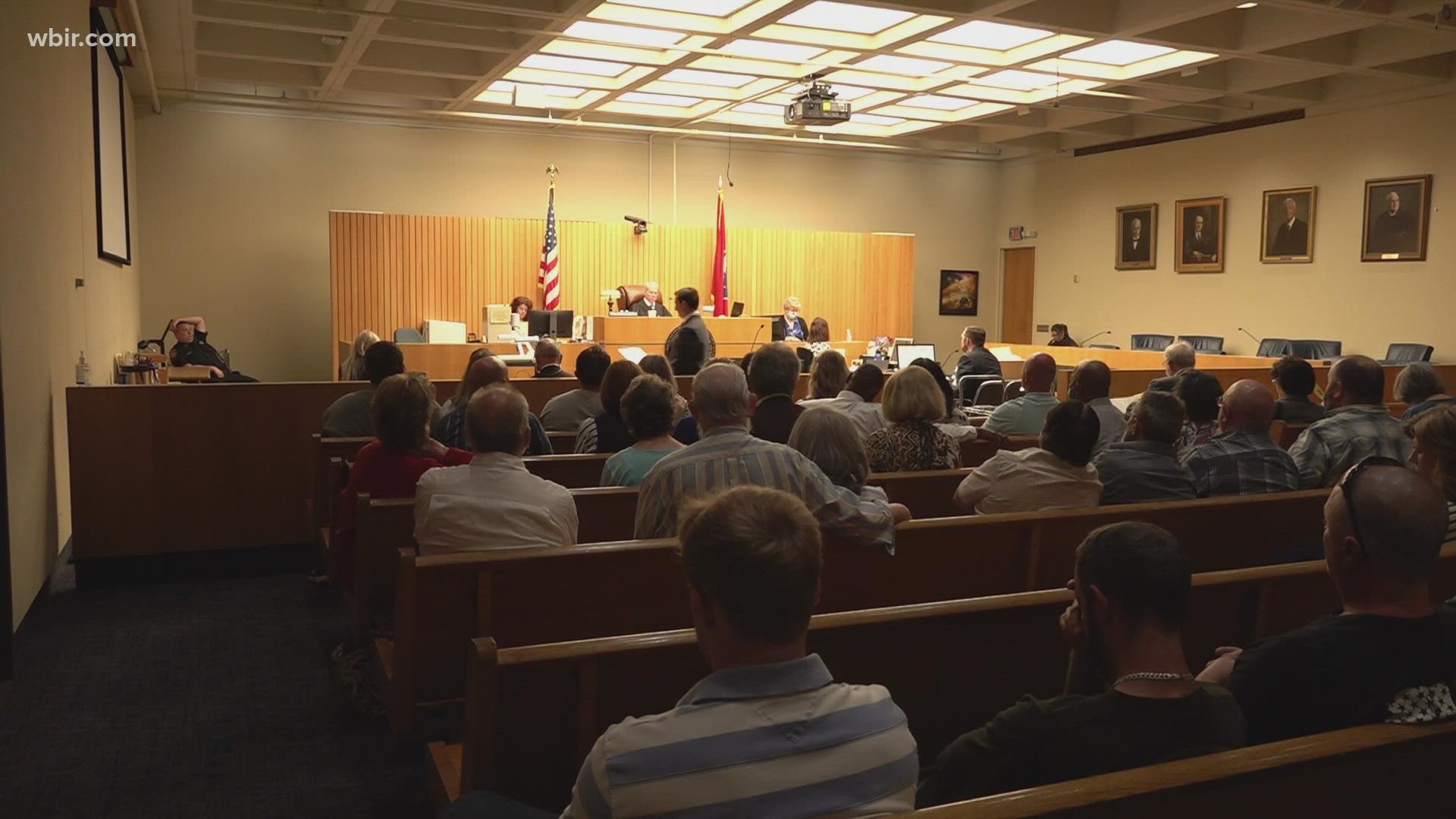KNOXVILLE, Tenn. — A Knox County man convicted of raping an underage female over two years began his quest in earnest Friday to get a new trial, raising questions about the DNA evidence used against him, the former TBI agent who testified against him and the curious elimination of data from his cellphone and that of the alleged victim after authorities were brought in to investigate.
David L. Richards Jr., a 44-year-old foster father, was convicted in 2019 of multiple counts of abusing the alleged victim, including sexual battery, rape and statutory rape by an authority figure. The trial took place six years after the alleged crimes surfaced. A grand jury indicted him in 2016.
Knox County Criminal Court Judge Steve Sword sentenced Richards to a 12-year prison sentence, drawing scorn from some in the community who thought Richards should serve many decades more. Richards is serving his sentence at Morgan County Correctional Complex in Wartburg, state records show.
Now prominent defense attorney Stephen Ross Johnson is challenging the convictions on Richards' behalf. It'll be up to Sword to decide if Richards deserves a new trial.
The judge heard some but not all testimony Friday on Richards' behalf as Richards watched from the defense table.
Johnson is expected to continue presenting proof next week. The judge will issue a written opinion, likely in a month to two months. Attorney Nate Ogle represents the prosecution in the case.

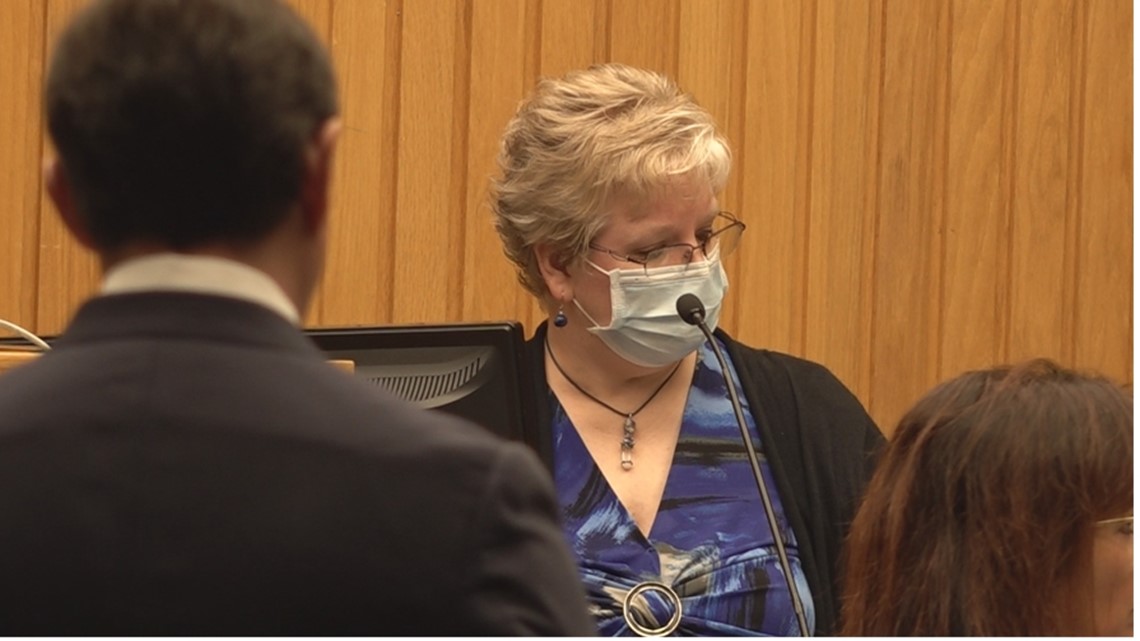
After the 2019 trial, Richards hired Johnson to look into the evidence and how his trial was conducted.
The alleged victim told jurors Richards molested her from the time she was age 14 to 16, from 2011 to 2013. Richards testified he never abused the female, whose sister testified she didn't believe the alleged victim.
Amory Cannon, a former forensic analyst for the Tennessee Bureau of Investigation, testified at trial for the state, although she hadn't worked at the TBI for three years.
She said DNA found on a wooden bed drawer showed the presence of semen. She said she thought the DNA was Richards'.
Johnson hired Guardian Forensic Sciences of Abington, Pa., to conduct independent lab testing. Katherine Cross of Forensic Sciences testified Friday she couldn't verify that semen found on the wooden bed drawer was human.
In fact, she learned while talking with family members in the house that the semen on the bed drawer might have come from a family dog.
Johnson has tried for more than 18 months to learn full details of Cannon's abrupt departure in 2016 from the TBI. He said he's never gotten a straight answer, even after filing public records requests.

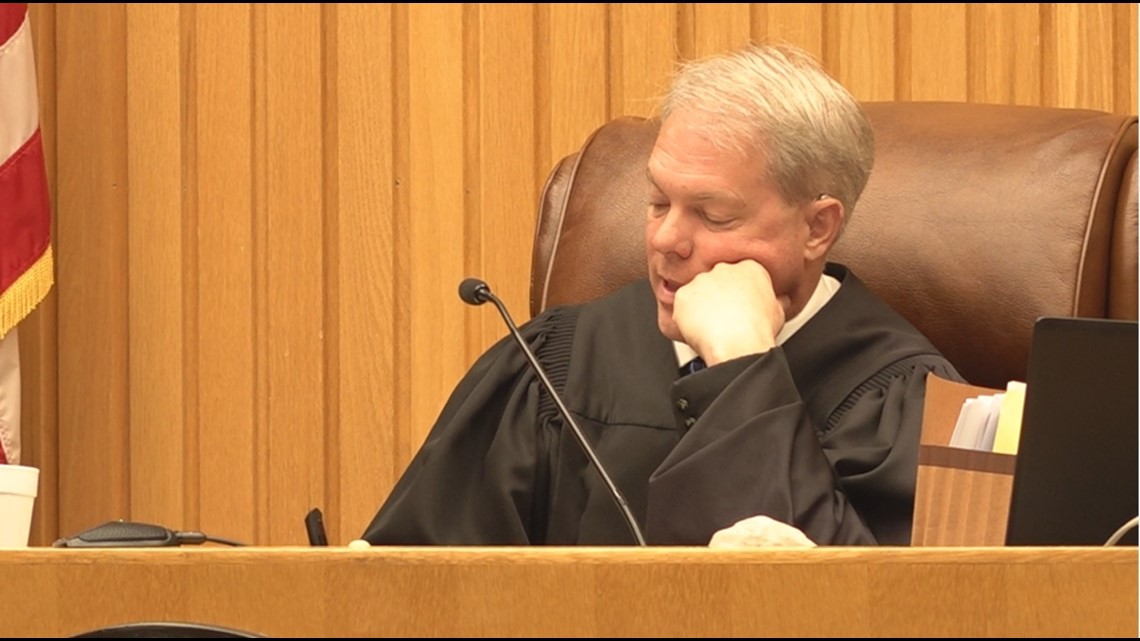
Cannon worked at the TBI, reviewing forensic evidence including DNA samples, from 2013 to February 2016 when she was put on leave and then quit.
According to Johnson, Cannon presented a "scientifically misleading interpretation" of DNA evidence recovered in Richards' case. He said Richards' original trial attorney failed to adequately explore why Cannon left the TBI in 2016.
Johnson, on Richards' behalf, has also raised questions about the handling of Richards' iPhone and the alleged victim's iPhone in 2013. Someone "factory reset" the phones after the girl's allegations arose against Richards.
Knox County authorities seized his iPhone early Dec. 5, 2013. Later that day they seized the alleged victim's iPhone, according to Johnson.
The attorney said Sword allowed jurors at trial to consider the inference that it might have been Richards who reset the phones, suggesting he was guilty of destruction of evidence.
Johnson, however, on Friday offered testimony from data retrieval expert Andy Spore of the firm Legility that more people besides Richards had access to the Apple ID account and thus had the ability to wipe clean data from the phones.
There was a single email address and password for a shared Apple account synced to the mobile devices of Richards, the alleged victim and perhaps others, Spore said he found.

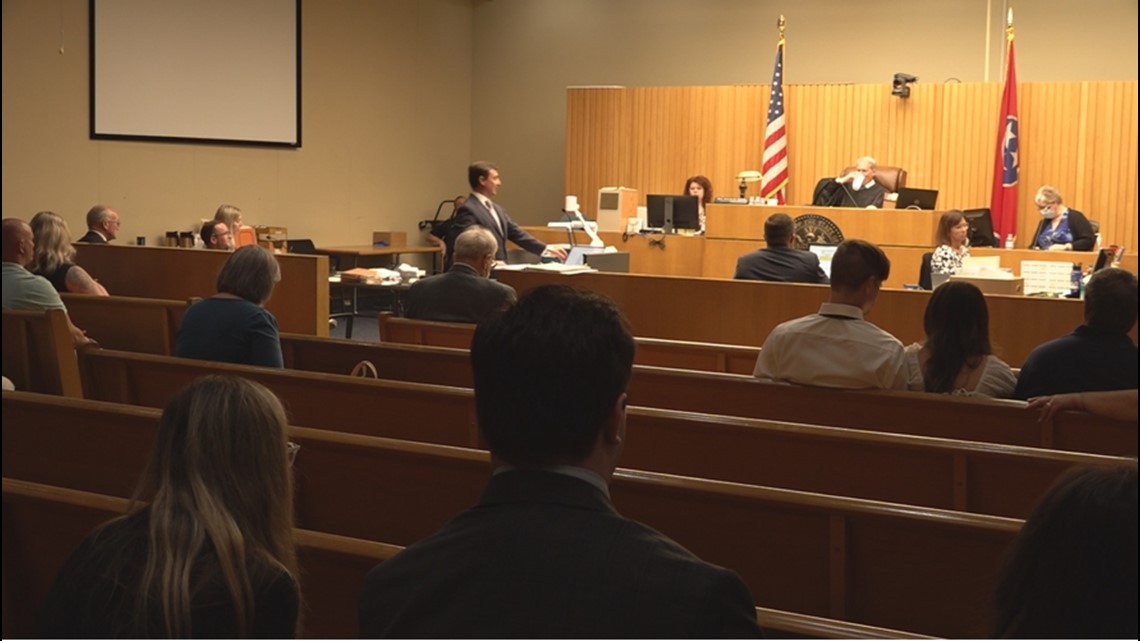
"Any user logged into the shared Apple ID account, used by multiple people, could use the Find My iPhone feature to remotely factory reset the other devices on the same account linked to that single Apple ID, Spore told Johnson in a report submitted April 22 to the court.
Johnson argues his investigation has uncovered multiple reasons why Richards didn't get a fair shot at a trial in 2019.
"Mr. Richards would likely not have been found guilty if the jury and this court had been given critical information about the former TBI agent (Cannon) who conducted the forensic testing in this case and a proper interpretation of the DNA test results..." the attorney argues in his motion for a new trial.
It also would have helped Richards' case if newly uncovered information about the 2013 destruction of data from the cellphones had been available.
Johnson also said Richards' attorney should have worked harder to probe into the alleged victim's background and the truth of her allegations.
"This is not a case where both sides had credible witnesses and circumstantial evidence," Johnson wrote. "It only appeared that way because the jury and this court did not have complete and accurate information."

